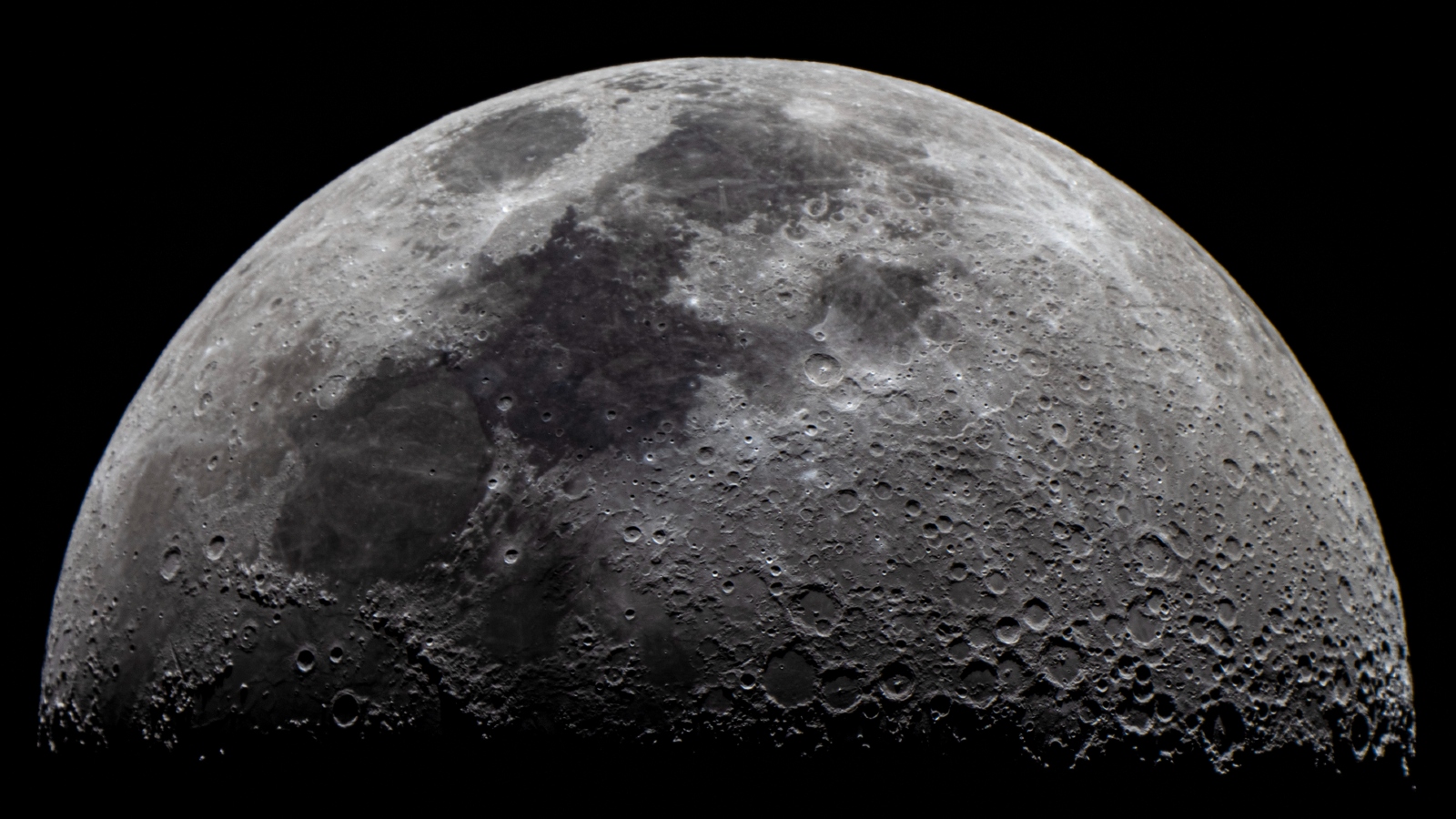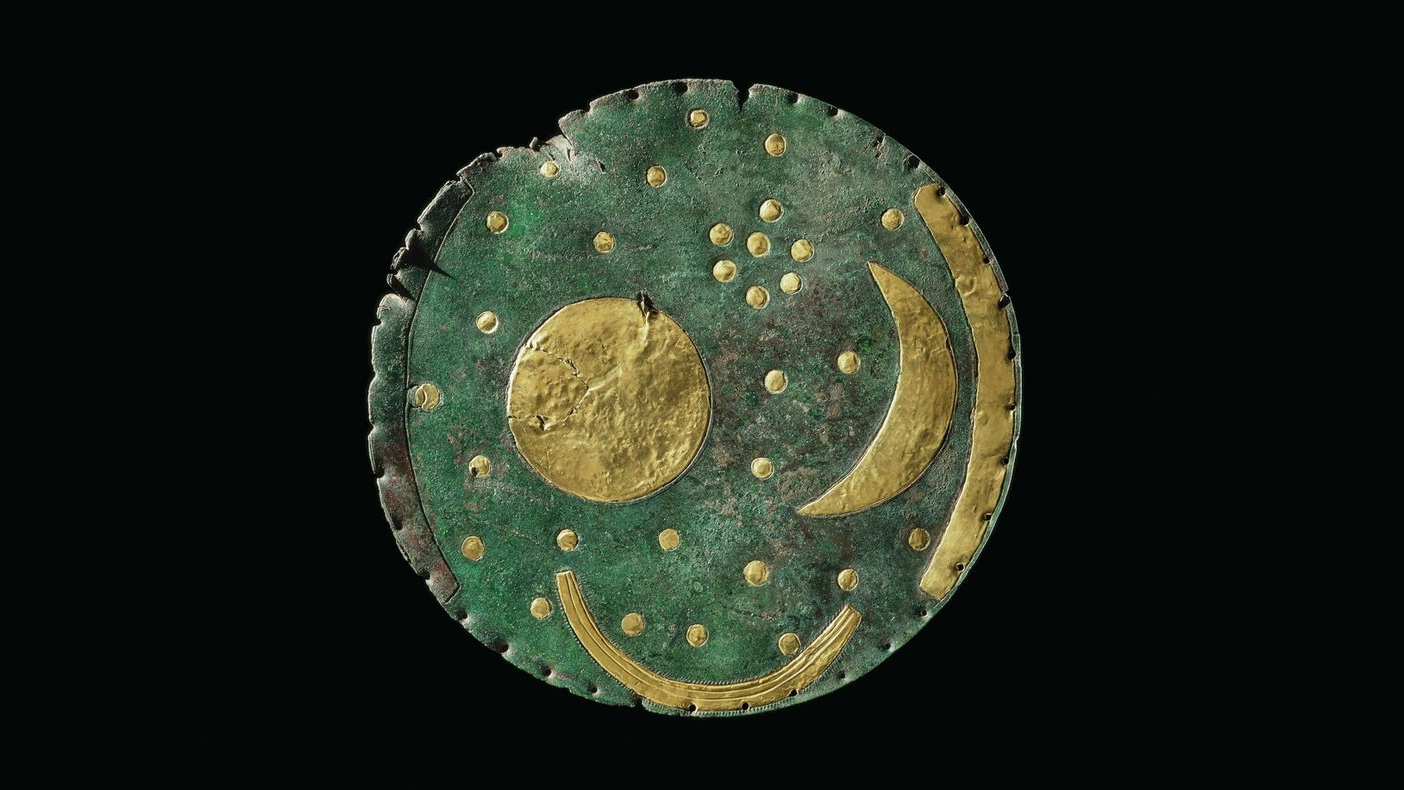The moon is getting its own time zone, White House memo to NASA reveals
The moon's lower gravity means that time runs slower on its surface. With more moon missions planned, NASA has now been tasked by the White House to create a lunar time zone by 2026.

The U.S. government has directed NASA to give the moon its own time zone.
The space agency has until the end of 2026 to establish "Coordinated Lunar Time (LTC),"according to a memo sent to NASA by the U.S. Office of Science and Technology Policy (OSTP).
Lunar time will run differently from time zones on Earth. Because there's less gravity on the moon, time there moves faster than on our planet — running ahead by 58.7 microseconds every day. This seemingly small difference is enough to throw off the precise maneuvers of lunar spacecraft and satellites.
Related: NASA's Voyager 1 sends readable message to Earth after 4 nail-biting months of gibberish
"The same clock that we have on Earth would move at a different rate on the moon," Kevin Coggins, NASA's space communications and navigation program manager, told Reuters.
LTC is being set up in anticipation of NASA's return to the moon. Following the Artemis 1 test flight, which sent NASA's uncrewed Orion capsule on a round trip to the moon in November 2022, the space agency plans to send humans into orbit around the moon in 2025 and onto its surface in 2026.
These missions will be vital steps towards NASA's greatest ambition for the Artemis program: taking humans to Mars.
Get the world’s most fascinating discoveries delivered straight to your inbox.
With dozens of countries and companies involved in new missions to the moon, a standardized way of synchronizing clocks is vital.
"Think of the atomic clocks at the U.S. Naval Observatory (in Washington). They're the heartbeat of the nation, synchronizing everything," Coggins told Reuters. "You're going to want a heartbeat on the moon."

Ben Turner is a U.K. based writer and editor at Live Science. He covers physics and astronomy, tech and climate change. He graduated from University College London with a degree in particle physics before training as a journalist. When he's not writing, Ben enjoys reading literature, playing the guitar and embarrassing himself with chess.
 Live Science Plus
Live Science Plus





